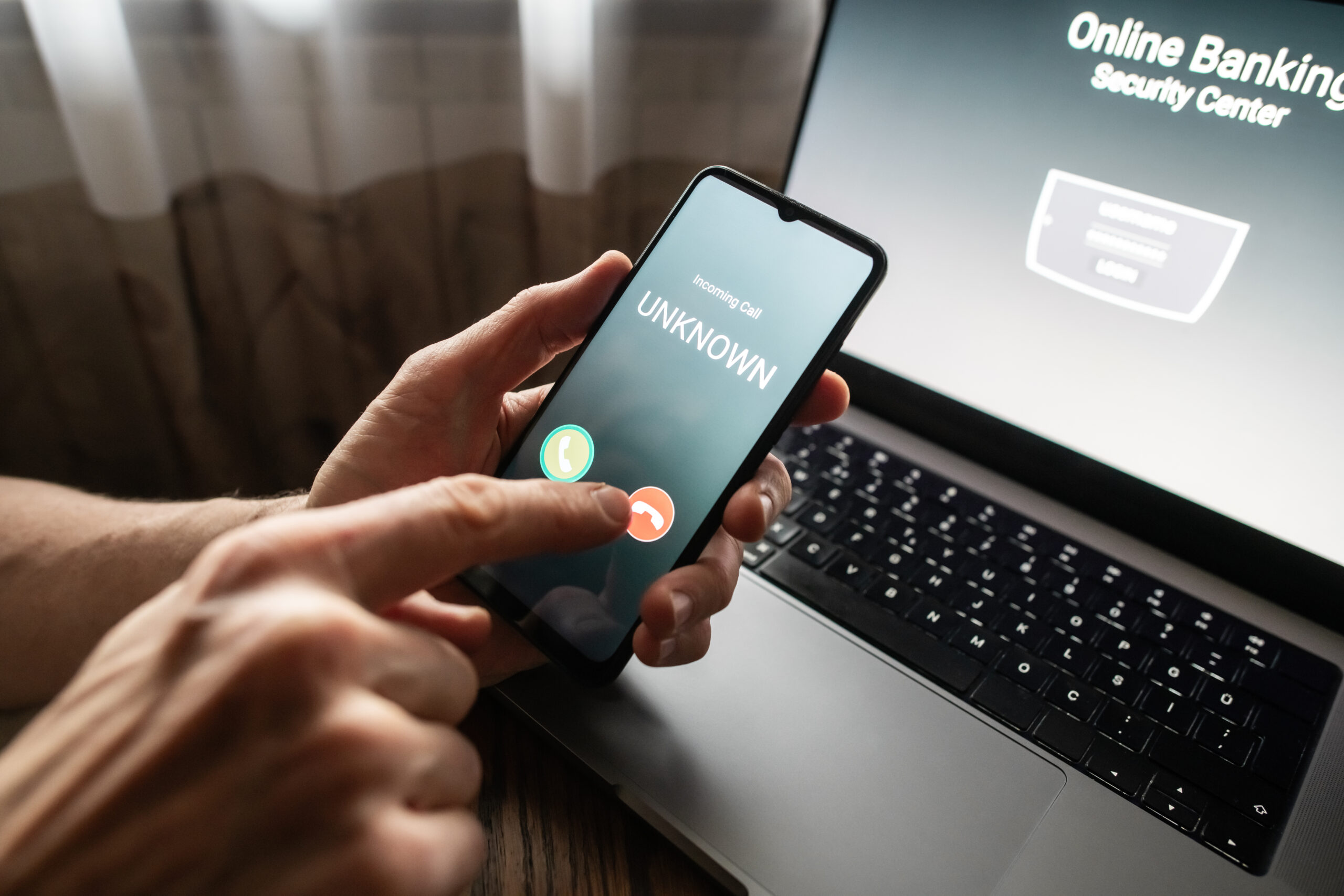
Introduction
The convenience of online banking and shopping has revolutionized the way we manage our finances and make purchases. However, with this convenience comes the risk of scams and cyber threats. It’s crucial to stay vigilant and take steps to protect your personal and financial information from cybercriminals. This article provides essential tips for secure online banking and shopping, and helps you recognize the warning signs that you may be targeted by a scam.
1. Best Practices for Secure Online Banking
Online banking offers easy access to your accounts, but it’s important to prioritize security to keep your information safe.
- Use Strong, Unique Passwords: Create strong, complex passwords for your online banking accounts. Use a mix of letters, numbers, and special characters, and avoid using the same password for multiple sites. Consider using a password manager to keep track of your passwords securely.
- Enable Two-Factor Authentication (2FA): Two-factor authentication adds an extra layer of security by requiring a second form of verification, such as a text message code, in addition to your password. Enable 2FA for your online banking accounts whenever possible.
- Monitor Your Accounts Regularly: Regularly check your bank statements and account activity for any unauthorized transactions. If you notice anything suspicious, report it to your bank immediately.
- Log Out After Sessions: Always log out of your online banking session when you’re finished, especially if you’re using a shared or public computer. This prevents unauthorized access to your accounts.
- Avoid Public Wi-Fi: Public Wi-Fi networks can be insecure and vulnerable to hackers. Avoid accessing your online banking accounts or making financial transactions over public Wi-Fi. If you must use public Wi-Fi, consider using a virtual private network (VPN) for added security.
2. Tips for Secure Online Shopping
Online shopping is convenient, but it’s important to shop safely to protect your financial information from fraudsters.
- Shop on Secure Websites: Look for “https://” in the website URL and a padlock icon in the address bar before entering your payment information. These indicate that the website is using encryption to protect your data.
- Use Credit Cards Over Debit Cards: Credit cards offer more protection against fraud than debit cards. If a fraudulent transaction occurs, it’s easier to dispute charges on a credit card, and your funds won’t be immediately withdrawn from your bank account.
- Beware of Too-Good-To-Be-True Deals: Scammers often lure victims with unbelievably low prices or offers. If a deal seems too good to be true, it probably is. Stick to reputable online retailers and verify the authenticity of the website before making a purchase.
- Keep Your Software Updated: Ensure that your device’s operating system, antivirus software, and web browser are up to date. Regular updates often include security patches that protect against the latest threats.
- Be Cautious with Personal Information: Only provide the necessary information when making a purchase. Avoid saving your payment details on retail websites, and be cautious about sharing sensitive information, such as your Social Security number or birthdate.
3. Recognizing and Avoiding Scams – Am I Being Scammed?
Scammers are becoming increasingly sophisticated, making it important to recognize the signs of a potential scam..
- Phishing Emails and Messages: Be wary of unsolicited emails, text messages, or phone calls that ask for personal or financial information. Scammers often impersonate legitimate companies or financial institutions to trick you into revealing sensitive information. Always verify the sender’s authenticity before responding..
- Unexpected Pop-Ups or Redirects: If you encounter unexpected pop-up windows asking for personal or financial information, or if you’re redirected to a suspicious website, close the browser immediately. These could be signs of a phishing attempt or malware.
- Pressure to Act Quickly: Scammers often create a sense of urgency, claiming you need to act quickly to secure a deal or avoid a penalty. Take your time to verify the legitimacy of the request before taking any action.
- Requests for Payment via Untraceable Methods: Be cautious if you’re asked to pay for something using gift cards, wire transfers, or cryptocurrency. These methods are often used by scammers because they’re difficult to trace.
- Too-Good-To-Be-True Job Offers or Prizes: Scammers may offer high-paying jobs, scholarships, or prizes that require you to pay a fee upfront or provide personal information. Remember, legitimate offers won’t ask for money or sensitive information in advance.

4. What to Do If You Suspect a Scam
If you believe you’ve encountered a scam, or if you’ve provided sensitive information to a potential scammer, it’s important to act quickly.
- Report the Incident: Contact your bank or credit card issuer immediately to report any suspicious activity. They can help you freeze your accounts and prevent further unauthorized transactions.
- Change Your Passwords: If you suspect that your account information has been compromised, change your passwords immediately. Ensure that your new passwords are strong and unique.
- Monitor Your Accounts: Keep a close eye on your bank and credit card statements for any unusual activity. Report any unauthorized transactions to your financial institution right away.
- File a Report: Report the scam to the Federal Trade Commission (FTC) and your local law enforcement. This helps authorities track down and stop scammers, preventing others from becoming victims.
Conclusion
Protecting your financial information in the digital age requires vigilance and smart practices. By following these tips for secure online banking and shopping, and staying alert to the warning signs of scams, you can significantly reduce your risk of becoming a victim. Remember, IC Credit Union is here to help you safeguard your financial well-being. If you ever have concerns about your accounts or suspect fraudulent activity, don’t hesitate to reach out to us for assistance. Stay safe, stay informed, and keep your finances secure.